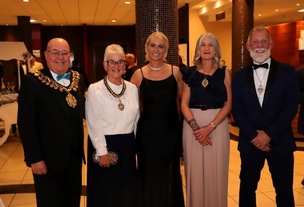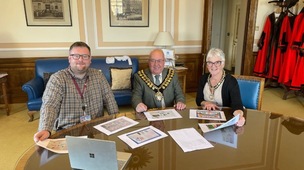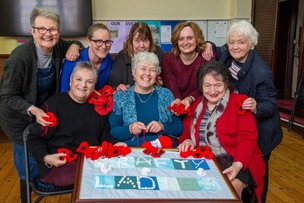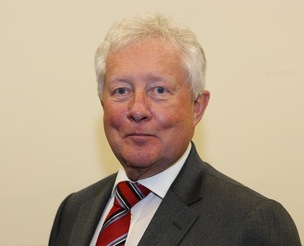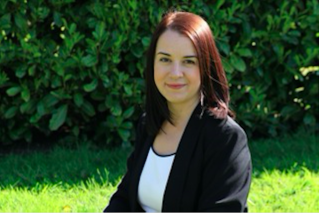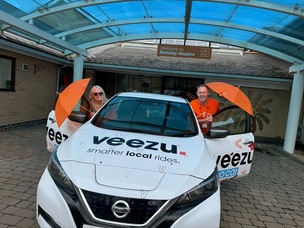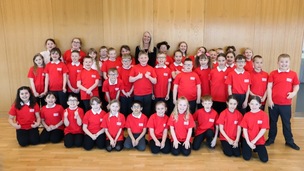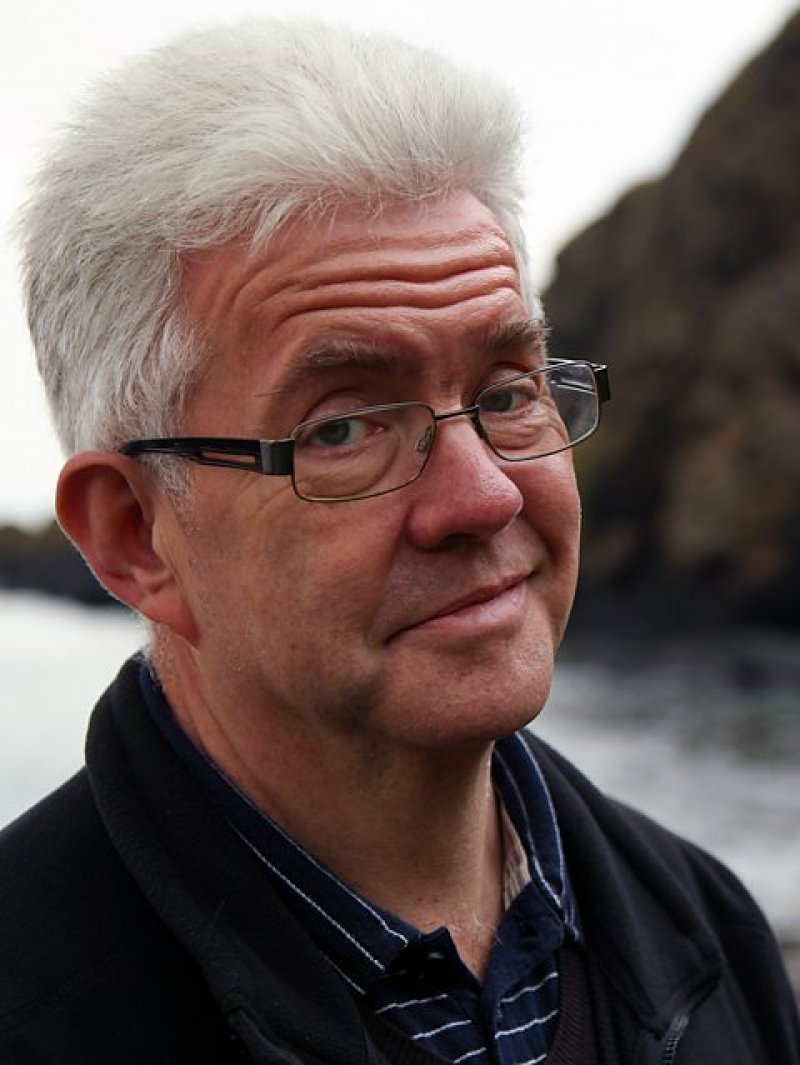CONCERN has been raised by a councillor that not enough people are using family centres following a shake-up of services 18 months ago.
The family centre network is made up of 18 sites, which operate on reduced hours with users having to book in in some of them, providing ‘early help’ services up for those to the age of 19, or 25 for those with a disability.
The new centres, which were created in April 2016 as a result of £2m cuts to the council budget, were the topic of discussion at a council watchdog meeting last week.
Nina Sleight, head of early start, prevention and sufficiency, told the overview and scrutiny committee that significant progress had been made since family centres were launched in last year but there was still room for improvement.
“Since the launch of the family centres there has been an overall increase in early help activity,” she said.
“There has been an increase in the range of agencies supporting early help plans.
“The greatest increase is support of families with children aged five to 11.”
She said this was a positive development as that age range was not largely provided for under the old children’s centre network.
Despite the promising report presented to the committee, Coun John Clarke, who represents the Worsbrough ward, raised concern that the Worsbrough and Kendray family centre at Bank End is not running at capacity and has issues with internet connectivity.
He said: “During discussions at the advisory board (for the family centre) it became apparent they do not have wi-fi.
“Also after consulting on the move from children’s centres to family centres, are all families aware of the offer because we are only running at 50 per cent capacity.”
Laura Hammerton, the family centre development manager, said work is being done through the council’s IT team to put the centres on the council’s corporate network which should resolve the wi-fi issue.
She said: “The intention is they will all move over to the corporate network and that should be by the end of the financial year.”
In response to Coun Clarke’s capacity concerns, Nina Sleight said: “When we launched the new way of working we had a big communications plan around that and are working with parents and services so families are aware of the offer in their community.
“There is a communication plan monitored each month and each family centre has its own way of promoting through schools and other agencies and we have high registration rates.
“What we need to ensure and what we are measuring on is the number of families that engage, be that one-to-one support or group provision, and is something we are working on all the time.
“It is an ongoing process reaching out to families that need the help.”
Ms Sleight told councillors there had been a month-on-month increase of families accessing early help support.
She said: “We have to work on engaging families that need services and if there are barriers we’ll work to address that.”
A council spokesman said it is pleased with the progress being made with the centres and that more families are accessing services, with a 41 per cent increase in early help assessments.
In response to capacity concerns raised by Coun Clarke, the spokesman said: “The sessional childcare on site at Kendray and Worsbrough Family Centre is currently open five mornings a week, however we envisage that this will return to a full offer of mornings and afternoon sessions in January 2018 this may explain the interpretation of 50 per cent occupancy, but we feel this relates to childcare on a single site, which is a temporary issue.”
He said family centres are in the process of moving from their current IT network and internet connections to a new network which will include guest wi-fi.
“The centres have continued to have access to IT solutions during their operation to date whilst the larger scale project is being implemented. We expect this to be fully delivered by the end of the financial year.”
He said the ‘new approach’ to the services is that more activity takes place as outreach, in other venues and with individual families who were unable to attend groups or centres.
He added: “As such, the ‘take-up’ overall of the family service has increased and more people are getting the support they need. “This won’t always translate as footfall in the actual buildings, but does demonstrate that the service was right to focus on identifying the families needing support and reaching out to work with them directly.”

